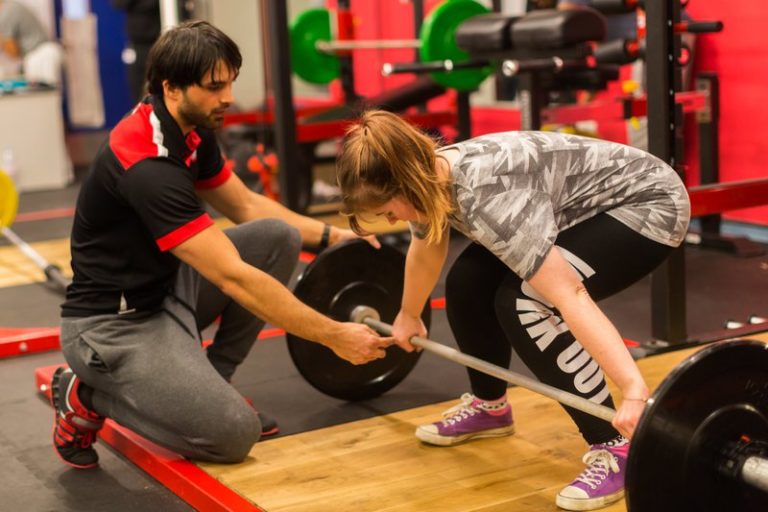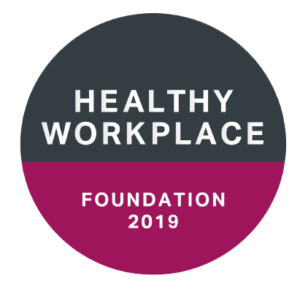A year or so ago, at a meeting with counterparts from different sport organisations working in London, we spent some time reflecting on our experiences of being active. Not the experiences that we get from working in the sector day-to-day, but the personal experiences we’ve all had that have led us to champion sport in our professional lives.
For me, it started out early. I enjoyed PE as a child and played whichever sport was on offer. Football stuck, and I still play regularly now. I’ve volunteered in sport, and I’ve been a coach. And, for the last decade, I’ve worked in sport – for Local Authorities, Trusts and Charities. Sport is part of the fabric of my life and being active seems, to me, as natural as getting up and having breakfast each day.
In that meeting, each of us realised something that had been staring us in the face for years: most of us that work in sport care passionately about it, as it’s something that we’ve known and loved, sometimes for the whole of our lives. How effective are we, as advocates for sport, at empathising with those people who aren’t active, who have maybe never been active; who aren’t, when it comes to sport, ‘like us’?
That’s why, when we began the review that led to the development of Building a Workforce for the Future, we made a conscious decision to engage first with the least active people in London. To understand what the future sporting workforce for London should look like, we first needed to understand what was working for the less active Londoners – and what wasn’t.
Almost 40% of Londoners are either inactive, or not active enough to benefit their health and well-being. The way that we currently view the ‘traditional workforce’ – a collective of people that either deliver or facilitate the delivery of physical activity and sport – means that regardless of how good they are, they are unlikely to engage and interact with people that are not active or have not made a conscious decision to become active.
That’s not to say that this traditional workforce isn’t an irreplaceably valuable part of sport in London. It is. The size of the traditional workforce in London genuinely astounds me: an estimated 800,000 volunteers and 540,000 coaches; or, to put it another way, a group of people dedicated to supporting sport that is larger than the population of most of the UK’s cities. And these groups are already doing a good job: 68% of Londoners feel that sport’s traditional workforce is doing a good job. What comes next is simply about building on the great foundations that already exist, and making sure that what we do in the years to come has the needs of less active Londoners at front of mind.
Building a Workforce for the Future is a strategic plan for London aiming to address this to ensure that the workforce supports all Londoners, providing an excellent experience both on the journey into activity and once people become active. The plan sets out two strategic priorities that we believe should be a focus for new thinking around physical and sport’s workforce in London:
- A broader workforce enabling all Londoners to lead active lives
- A workforce that better meets the physical activity needs of all Londoners
Building a Workforce for the Future is a call to action to not just the physical activity and sport sector but all those have the ability or opportunity to enable people in the capital to enable active lives.
Having the support and commitment of influential organisations such as the Royal Society for Public Health, who have championed the development of a wider workforce to support public health is a great start. This needs to be built upon so we ask that you and your partners, consider what the physical activity and sport workforce could be in the future and join London Sport in making your own commitments today, to develop a workforce that enables all Londoners to lead active lives and play your part in Building a Workforce for the Future.
Head to https://londonsport.org/building-workforce-future/ to read the plan and please get in touch so that we can collectively bring this strategic plan to life.





